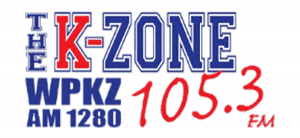Massachusetts Democrat Seth Moulton, who dealt with post-election blowback for his comment that biological males shouldn’t compete in women’s sports, is slamming the local media for trying to “inflame” his remarks.
Seth Moulton
Massachusetts Democrat Seth Moulton not the only congressman receiving heat for LGBTQ comments
Massachusetts Democrat Seth Moulton isn’t the only congressman receiving blowback for saying that biological males and transgenders shouldn’t be competing in women’s sports.
Massachusetts Democrat Seth Moulton after his trans comments says Dems are ‘not listening… just shutting down debate’
It doesn’t feel like Congressman Seth Moulton is about to apologize anytime soon.
Seth Moulton says he doesn’t want his girls ‘getting run over on the playing field by a male or formerly male athlete’: NY Times
Seth Moulton says he doesn’t want his girls ‘getting run over on the playing field by a male or formerly male athlete’: NY Times
Seth Moulton files bill to invest in high-speed rail projects
WASHINGTON, D.C. — U.S. Rep. Seth Moulton filed a bill last week to invest more than $200 billion in federal funds into the development of a comprehensive high-speed rail system. Moulton filed the American High Speed Rail Act in partnership with Rep. Suzan DelBene from Washington state’s 1st Congressional District. If passed, the bill would invest $205 billion into high-speed rail projects across the country.
‘High volumes of migrant arrivals’: Massachusetts congress members ask for more funding
The push is on for more federal aid to help Massachusetts communities deal with “high volumes of migrant arrivals.”
